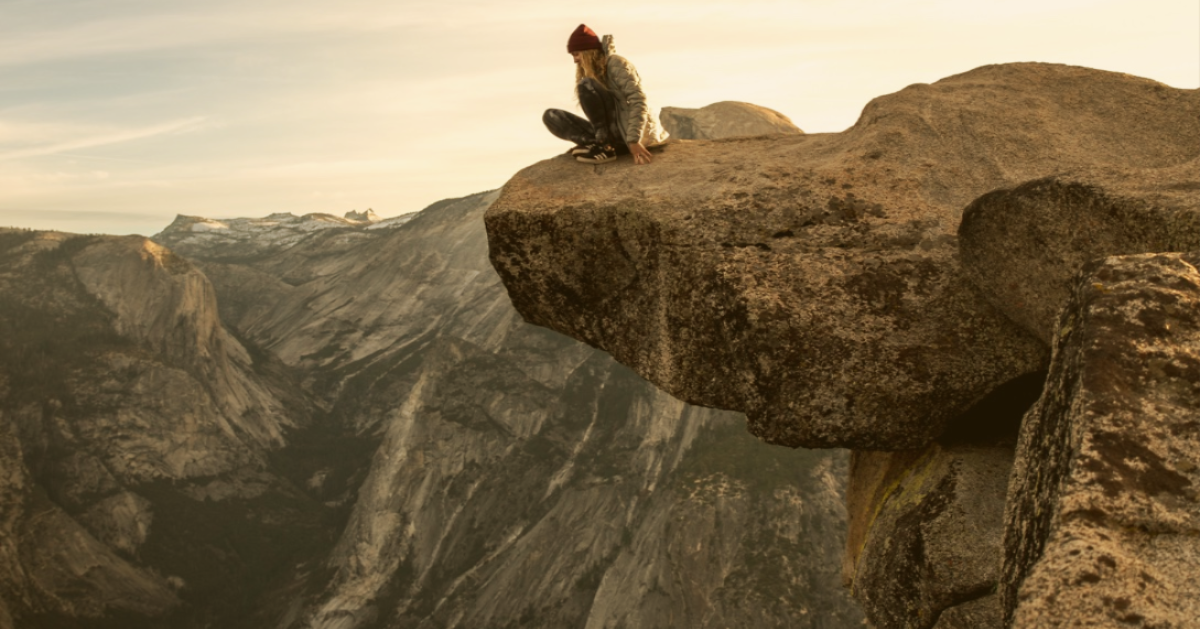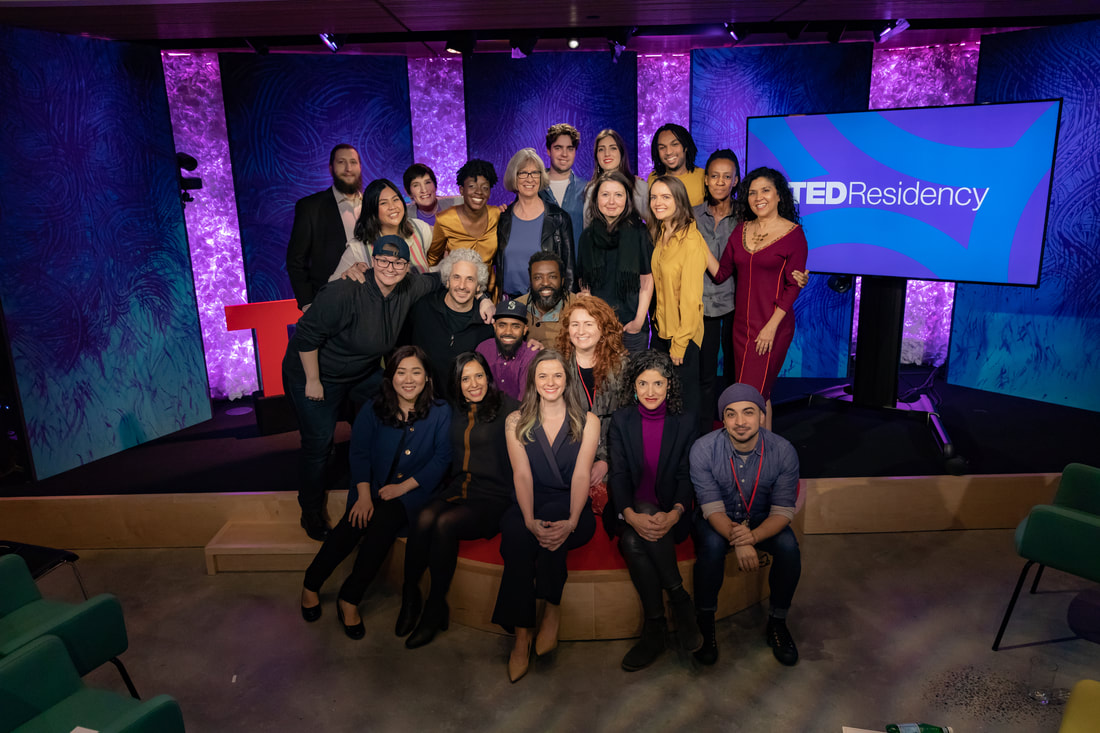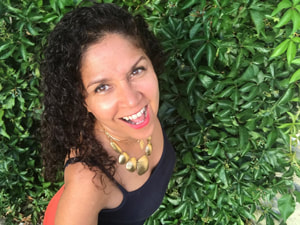|
I know, I know. You've heard it all already. Climate change is happening. And it's happening now. But the issue is so important that it begs the question, can there ever be TMI about climate change (too much information)?
We were one of 5 scientists interviewed by Bustle about climate change. I talked about the worsening of air pollution and its effects of human health. Here is what I said: " Dr. Luz Claudio, a professor of environmental medicine and public health at the Icahn School of Medicine tells Bustle, "The environmental challenge that I am focusing on in my research is to try to identify, prevent, and reduce the effects of environmental pollutants in vulnerable human populations, especially children. I do this work because children are particularly vulnerable to exposure to pollutants in the environment. Children tend to have higher exposures per body weight because they absorb chemicals more readily, they breathe more air, they are closer to the floor where there are often more of some classes of pollutants and they tend to put everything in their mouth, especially when they are really young. Also, exposure to a chemical pollutant early in life, even before birth, could have effects later in the life of children that can be unmasked as they grow. "My team and I have investigated the asthma epidemic in children, especially children in minority and poor communities. We have also assessed how different other environmental factors can interact with poverty, diet, minority status, poor housing and other factors to cause disease More recently, we have also investigated the role of air pollution in causing neurobehavioral effects on children." Human activity, she says, is culpable for these health issues, but we can do a lot to help. "Most of the types of air pollutants that we are investigating for their effects on children’s health are released through human activity." Air pollution can come from everything from domestic activities like cooking and heating to exposure to factory smoke, waste-burning, dust storms, and traffic emissions. "Collectively, we can as a society value the health of children by reducing emissions from traffic and other fossil fuels. For example, we are now in the process of estimating how small actions such as done by many people may quantifiably reduce the burden of disease in children. "On an individual level, people have more control about their indoor air," Dr. Claudio tells Bustle. "Being aware of the role that indoor air can play on children’s health is a great step towards addressing this issue. Never smoking in the home, removing sources of VOCs [Volatile Organic Compounds] such as certain carpeting, reducing or aerating items that produce a lot of off-gassing, and wall treatments that contain volatile compounds can be small actions that significantly reduce some of the indoor air pollutants."
1 Comment
I'd do anything for my daughter, even a TED Talk!
When my daughter had the idea of having me apply to the TED Residency, it did not occur to me that I might actually get it. As a big fan of TED Talks, I have watched many, yet, I've never seen a Talk by someone I know. All the speakers seem so confident and knowledgeable, and famous. It all seemed so out of my league. To say that I was shocked that I was selected for the TED Residency is an understatement. Once the shock dissipated, reality kicked in: How would I find the time to prepare? What is my idea worth spreading? What should I wear?! Reality check number 1. Sure, as an academic research scientist, I have given talks, seminars, lectures, classes, workshops. I would say that I have been an average speaker giving the average seminar in which every statement is illustrated by a Powerpoint slide. The purpose of an academic seminar is usually to present data. It is very much like a scientific paper in oral form: the intro, the methods, the data, the conclusions. I quickly learned that I wasn't going to get away with that on the TED stage. Reality check number 2. And as scientists, what do we ever feel sure about? We are trained to say "the data suggests" in our papers. We still call evolution a "theory". And we end every research paper with "more studies are needed". What can I say on the TED stage that I "know for sure", as Oprah would say? Reality check number 3. The TED Residency program helped me check off all those realities. The program selected a VERY DIVERSE group of professionals and put us together in a pot, raised the heat to simmer, and stirred. Twenty residents were selected, ranging in age from 21 to 70, different races and backgrounds, different areas of expertise, from different countries, working together in open cubicles at the TED Conferences Headquarters for three months. During this time, I continued working at Mount Sinai, submitting three research proposals to NIH. I was working 12 hours a day, 7 days a week. Thanks to my family and a flexible schedule at my job, I was able to do it. At TED, I was quickly humbled by how much I needed to learn. Mostly, I learned from my peers in the Residency. I engaged in conversations with two veteran New York Times reporters about health information and the media, learned from two young African-American men about using technology for social good, and was moved to tears by two LGBT youth about how to tell their stories. The most helpful and surprising learning experience came from an amazing British rapper. This young red-headed woman taught me the value of every word I say in my Talk. I am forever bonded with all the residents in my group. It was like going skydiving with strangers, after that experience, you really can't call them strangers anymore. I can honestly tell you that it was very hard for me to do this. It required a lot of unlearning and learning. It was truly a humbling experience. I am still not totally sure that I was deserving, and it took me a while to be willing to share the Talk with all of you. But I could not let my daughter down. She kept saying: "Do it Mamami, do it!" So I tossed the reality checks out the window. Shook off the impostor syndrome. And worked my butt off. Thank you all for your support during this journey. I really need you to view and share this TED Talk with your contacts. Now we both can say that we know someone who did a TED Talk. ;) |
This section will not be visible in live published website. Below are your current settings: Current Number Of Columns are = 1 Expand Posts Area = 1 Gap/Space Between Posts = 8px Blog Post Style = card Use of custom card colors instead of default colors = 1 Blog Post Card Background Color = current color Blog Post Card Shadow Color = current color Blog Post Card Border Color = current color Publish the website and visit your blog page to see the results AuthorDr. Luz Claudio is an environmental health scientist, mother and consultant, originally from Puerto Rico. She is a tenured professor of environmental medicine and public health. Luz recently published her first book: How to Write and Publish a Scientific Paper: The Step-by-Step Guide. Dr. Claudio has internship programs and resources for young scientists. Opinions expressed in this blog are solely her own and may not reflect her employer's views. Categories
All
|
|
Dr. Luz Claudio
[email protected] |
|
Opinions expressed in this website are solely Dr. Luz Claudio's own and may not reflect her employer's views. None of the information on this website should be taken as medical advice.
© COPYRIGHT 2018. ALL RIGHTS RESERVED.




 RSS Feed
RSS Feed